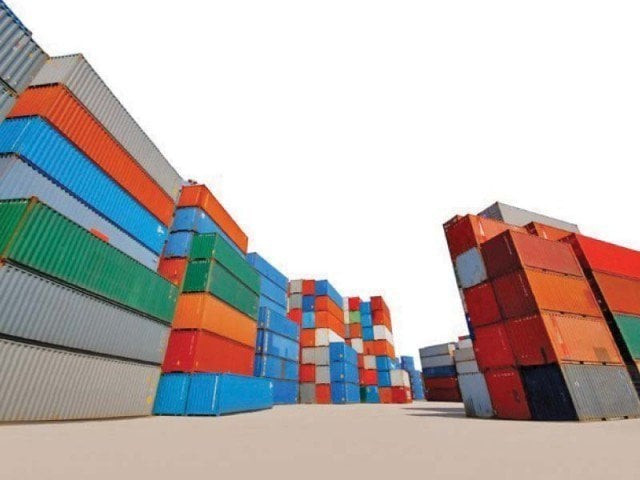Trained, qualified manpower necessary to step up exports
FCCI, University of Faisalabad sign MoU to enhance industry-academia linkages

Despite this, it is surprising that the number of educated manpower in the industrial sector is negligible.
PHOTO:FILE
Addressing a function held for signing of a memorandum of understanding (MoU) between the FCCI and the University of Faisalabad, Chawla said youth comprised around 45% of the total population of Pakistan, of which a significant number was working abroad and sending remittances amounting to $20 billion per annum to the country.
Textile exports drop 16% after rebate reduction
He said Pakistan had more than 100 research institutes while about 100,000 students graduated every year. Despite this, it is surprising that the number of educated manpower in the industrial sector is negligible.
Chawla lamented that in the age of cutting-edge technology, where developed countries were designing innovative products, “we are only making efforts to establish working relationship between the industry and academia.” He expressed satisfaction over the MoU and hoped that it would play a major role in providing trained manpower to new and state-of-the-art industrial units being established in the M3 Industrial City.
Speaking on the occasion, FCCI Standing Committee on Research and Development Chairman Ahmed Hassan said they were compiling data of available testing facilities, different universities and research institutes. A comprehensive study would be published and circulated among FCCI members for their convenience, he said.
Textile exports drop 2% as production cost rises
Hassan added that the developed world was using motors with 95% efficiency, however, in Pakistan people were still using water pumps. He was of the view that 100-150 megawatts of electricity could be saved by replacing the pumps with efficient motors.
In this regard, the Higher Education Commission (HEC) has sanctioned a project costing Rs6 million. Another project on rubber technology has also been sanctioned, which will be executed in collaboration with the Nust.
Hassan pointed out that the developed world was using fourth generation technology whereas “we are still forced to use first generation technology”. University of Faisalabad Pro-Rector Zaheer Javaid Paracha said the university had important latest testing equipment worth Rs10 million. He voiced hope that the industrial sector would benefit from the testing facilities, adding the university would offer its services for resolving problems of the local industry, particularly small and medium enterprises. In the later phase, he added, commercialised research could also be started.
Published in The Express Tribune, September 9th, 2018.
Like Business on Facebook, follow @TribuneBiz on Twitter to stay informed and join in the conversation.



















COMMENTS
Comments are moderated and generally will be posted if they are on-topic and not abusive.
For more information, please see our Comments FAQ